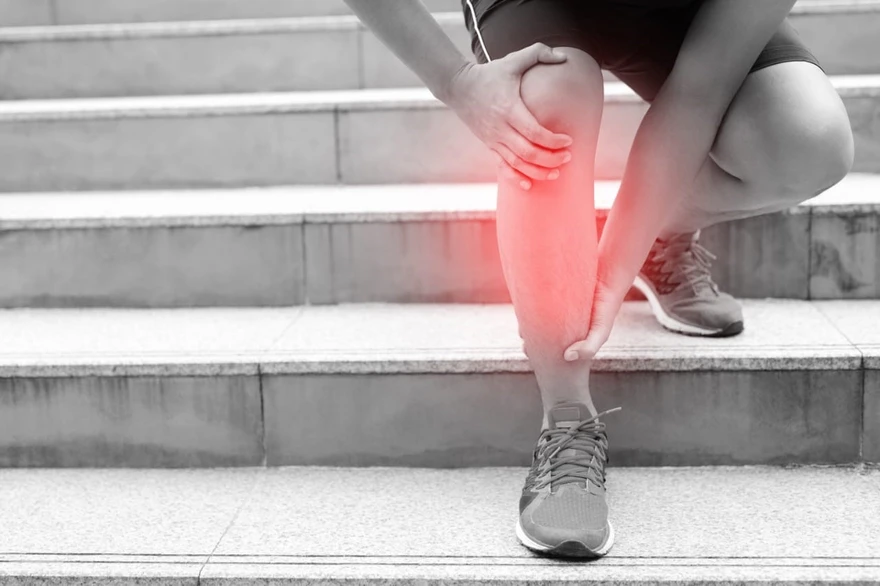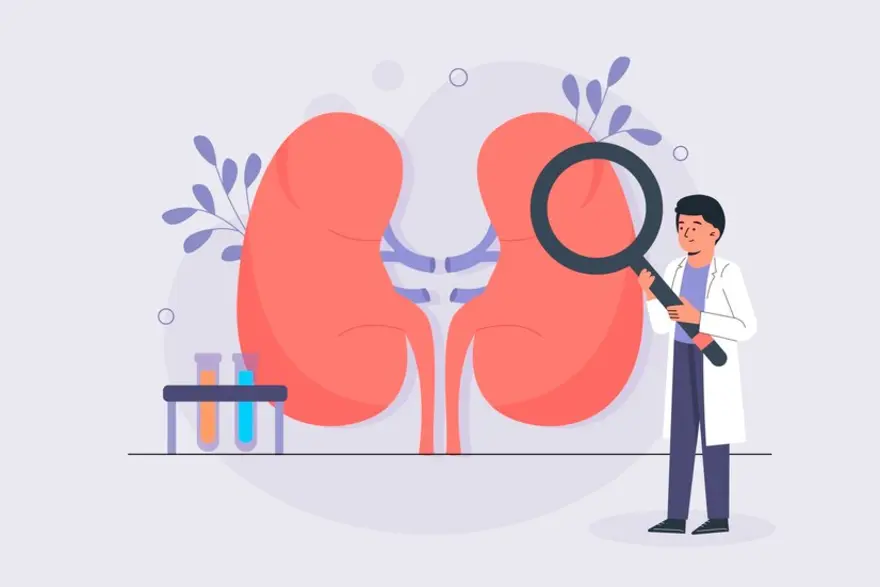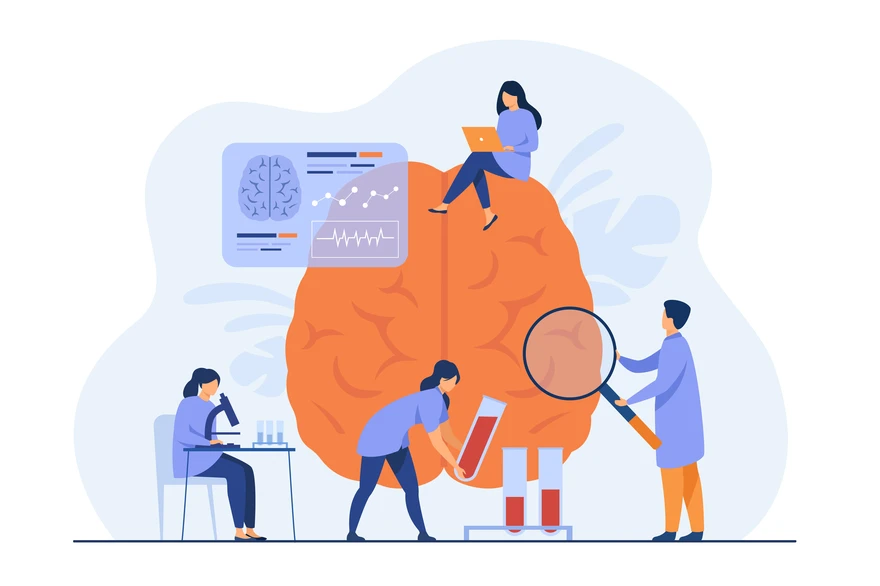Preventive Healthcare
Food Poisoning: Signs, Symptoms, Causes and Treatment
2866 Views
0

Are you experiencing nausea, vomiting, or diarrhoea after eating your last meal? Or did your symptoms start after a few hours or maybe even a few days later? If you answered yes to these questions, then you may have food poisoning.
This unpleasant condition is not only uncomfortable but can also be serious in some cases. However, there’s no need to worry, as in this blog post, the signs and symptoms of food poisoning, its causes and treatment options will be explored in detail so that you can stay informed and keep yourself healthy.
Symptoms of Food Poisoning
Food poisoning symptoms can vary depending on the type of food poisoning you have. That being said, the most common symptoms include:
- Nausea
- Vomiting
- Diarrhoea
- Abdominal cramps
- Fever
Other less common symptoms may include:
- Bloody stool
- Dehydration
- Dizziness
- Headache
Causes of food poisoning
There are many different types of food poisoning, but most cases are caused by one of the following:
Bacteria
There are many different types of bacteria, and not all of them are harmful. Some types of bacteria are beneficial to the human body. However, many types of harmful bacteria can cause food poisoning. Bacteria can enter food through contaminated water or soil, or they can be present on the surface of raw meat and poultry. Once in food, they can multiply quickly, producing toxins that can make you sick.
Parasites
Parasites are another common cause of food poisoning. These tiny creatures can live in contaminated water or food. When they're consumed, they can cause an infection. The most common parasites that cause food poisoning are Giardia and Cryptosporidium.
Symptoms of parasite-related food poisoning include diarrhoea, abdominal cramps, nausea, and vomiting. If you experience any of these symptoms after eating contaminated food or drinking contaminated water, see a doctor right away. Parasitic infections can be tricky to treat, so it's essential to get medical help as soon as possible.
Viruses
Lastly, viruses are another cause of food poisoning. These are less common than bacteria, but they can still cause food poisoning. Viruses are usually spread through contact with contaminated food or water, or by touching someone who is sick. They can also be present on surfaces like door handles and countertops.
Treatment for viral food poisoning is typically supportive. This means that there is no specific antiviral medication that can cure the illness. Treatment focuses on relieving symptoms and preventing dehydration. You can help prevent viral food poisoning by washing your hands thoroughly after using the restroom and before preparing food.
Treatment
With the symptoms and potential causes out of the way, here are a few food poisoning treatments you can implement right away:
Hydration
It is very important to drink plenty of fluids if you have food poisoning. This will help to prevent dehydration. Dehydration can lead to serious complications. Drink small sips of water or other clear liquids every 15 minutes for the first few hours. After that, you can increase your intake to larger amounts every few hours.
Avoid caffeine and alcohol. They can make dehydration worse. If you are vomiting or have diarrhoea, it is also important to replace the fluids and electrolytes that your body is losing. Try drinking sports drinks or coconut water. Eat foods like bananas, rice, and toast. They will help to replenish your electrolytes.
Prescription medication
If you suspect that you have food poisoning, it is important to see a doctor right away. He or she will likely prescribe medication to help treat your symptoms. The most common type of medication prescribed for food poisoning is antibiotics. Antibiotics can help to kill the bacteria that are causing your illness.
Antitoxins
When it comes to food poisoning, two main types of toxins can be present: exotoxins and endotoxins. Exotoxins are produced by bacteria, while endotoxins are a component of the bacterial cell wall. In either case, these toxins can cause serious illness or even death.
A particular type of food poisoning caused by the C. botulinum bacteria falls under this category. This is a definitive medical emergency and will require the doctor to administer an antitoxin.
Intravenous Fluid
Intravenous (IV) fluids are a common treatment for food poisoning. IV fluids can help to rehydrate the body and replenish electrolytes. They can also help to flush out bacteria and toxins from the body.
IV fluids are typically given through a vein in the arm, but may also be given through a vein in the leg or chest. However, this is a rather extreme measure. It is only administered in very severe cases. For most normal cases of food poisoning, self-hydration is enough.
Adequate rest
When it comes to food poisoning treatment, one of the best things you can do is rest. Adequate rest gives your body the time it needs to heal and recover from the illness. It also helps to prevent further complications from developing. If you’re able to, aim for at least 8 hours of sleep each night. If you’re not feeling well enough to sleep, try lying down and resting in a dark room with minimal noise.
Conclusion
In conclusion, food poisoning is a health issue. It can turn serious and have severe consequences if not treated in time. It's important to be aware of the signs and symptoms associated with it so that you can seek medical help as soon as possible.
Knowing the causes and prevention methods for food poisoning is also essential, especially when it comes to avoiding certain foods or handling them properly. The good news is, there are effective treatments available for those suffering from food poisoning. If you suspect you may have contracted food poisoning then please consult your doctor immediately.
Do you suspect you might have food poisoning? Consider taking a stool test, urine test or blood test from Metropolis Healthcare Labs. Our top-notch pathology services provide the most accurate results.













1701259759.webp)









 WhatsApp
WhatsApp